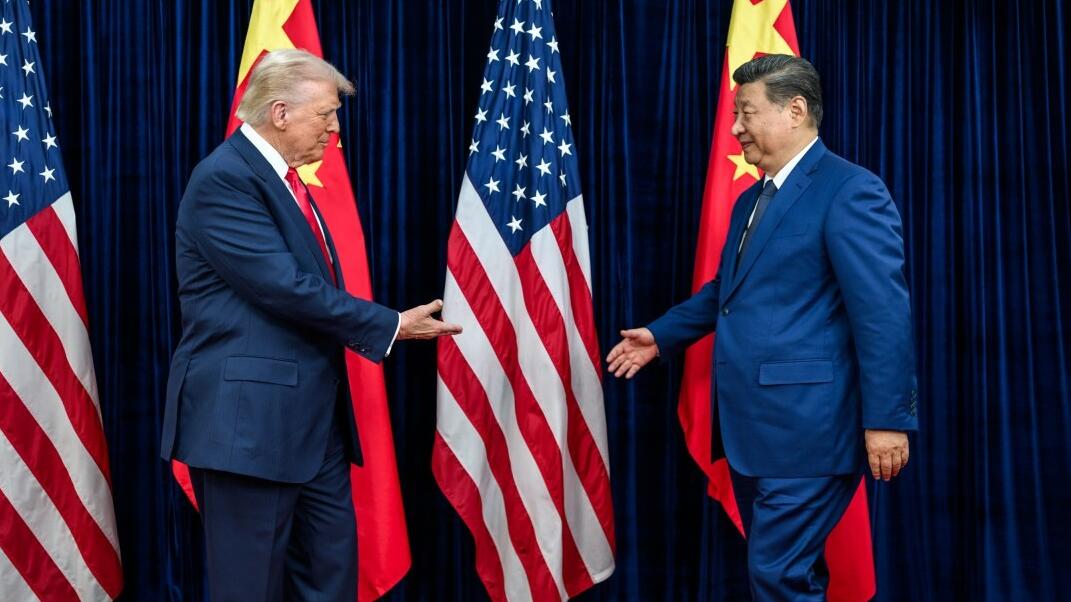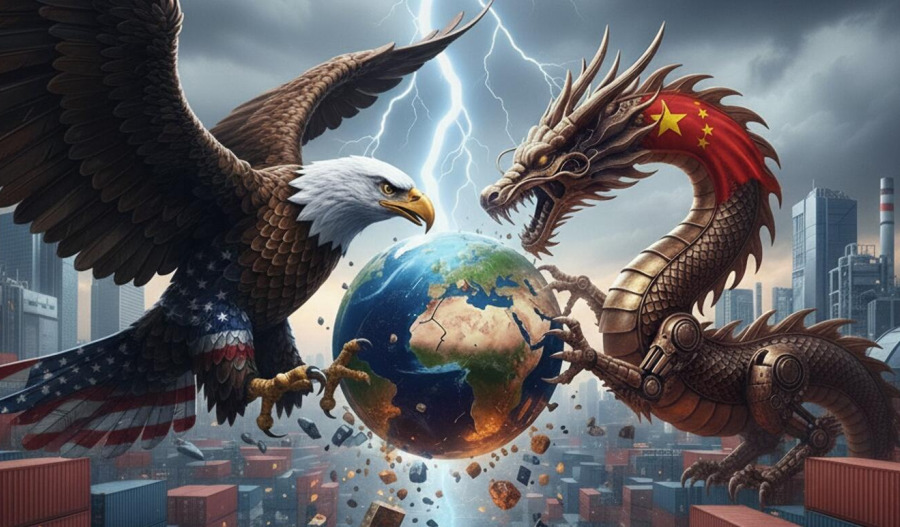United States President Donald Trump has announced a 10% tariff reduction on Chinese goods to 47% following nearly two hours of talks with President Xi Jinping, while also securing commitments on fentanyl enforcement and rare earths flows in exchange for easing trade tensions.
The high-stakes summit in the South Korean port city of Busan, the leaders' first encounter since 2019, capped Trump's Asia swing that also yielded agreements with South Korea, Japan and Southeast Asian nations.
Under the deal, tariffs on Chinese imports will fall to 47% from 57%, achieved by halving fentanyl-related levies to 10%.
"It was an amazing meeting," Trump told reporters aboard Air Force One, rating the discussions a "12 out of 10".
Xi committed to intensifying efforts against the illicit fentanyl trade, which Trump described as critical to addressing America's opioid crisis.
"Very significantly, China has strongly stated that they will work diligently with us to stop the flow of Fentanyl into our Country," Trump said in a Truth Social post.
China agreed to suspend this month's export restrictions on rare earths - critical minerals essential for manufacturing cars, aircraft and defence systems - for 12 months, according to Beijing's commerce ministry.
The pause removes a major flashpoint in the trade conflict, as rare earth controls had emerged as China's most powerful bargaining chip.
On agriculture, China will purchase 12 million tonnes (Mt) of U.S. soybeans through to January and commit to 25Mt annually over the next three years, U.S. Treasury Secretary Scott Bessent told Fox Business.
The package also included Chinese approval for TikTok's transition to U.S.-controlled ownership, which is expected to advance in the coming months.
Trump separately disclosed China would begin purchasing American oil and gas, with a "very large scale transaction" potentially involving Alaska.
Meanwhile, Beijing secured a U.S. pledge to delay for one year new restrictions targeting Chinese firms with partial ownership by sanctioned entities - a measure that would have blocked thousands of companies from accessing American technology.
Global markets showed limited reaction to the first meeting between the two leaders in six years, suggesting investors had already priced in a partial trade thaw between the world's two largest economies.



